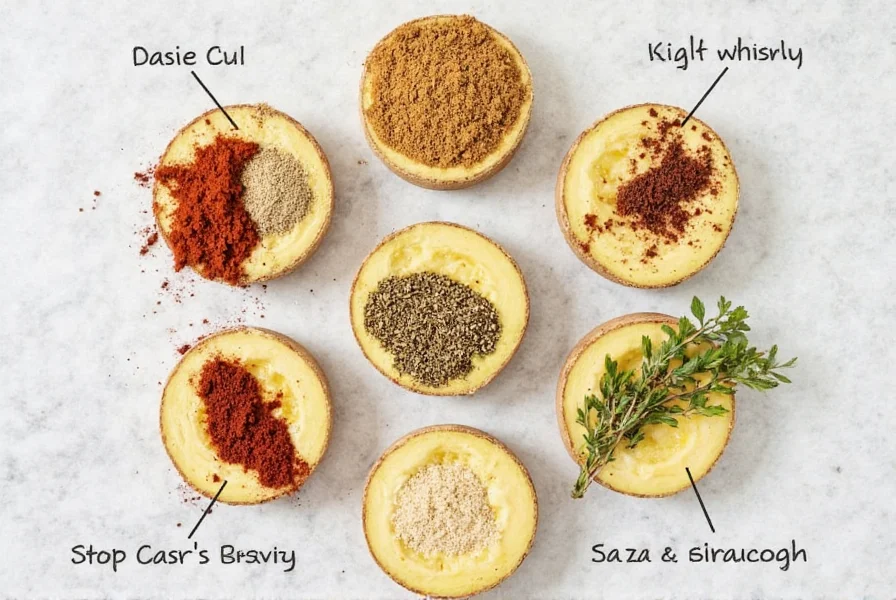
Table of Contents
- Introduction to Organic Sazon
- Why Organic Sazon is a Must-Have in Your Kitchen
- Organic vs. Non-Organic Sazon: A Clear Comparison
- Buying Guide: Choosing the Best Organic Sazon
- Top Tips for Cooking with Organic Sazon
- Frequently Asked Questions About Organic Sazon
- Conclusion: The Magic of Organic Sazon
Introduction to Organic Sazon
Organic sazon is a certified spice blend originating from Latin American cuisine. Made with natural ingredients like annatto, cumin, coriander, and oregano, it provides rich flavor and health benefits without synthetic additives or artificial colors. This guide covers what organic sazon is, its benefits, how to use it, and how to choose the best brand.
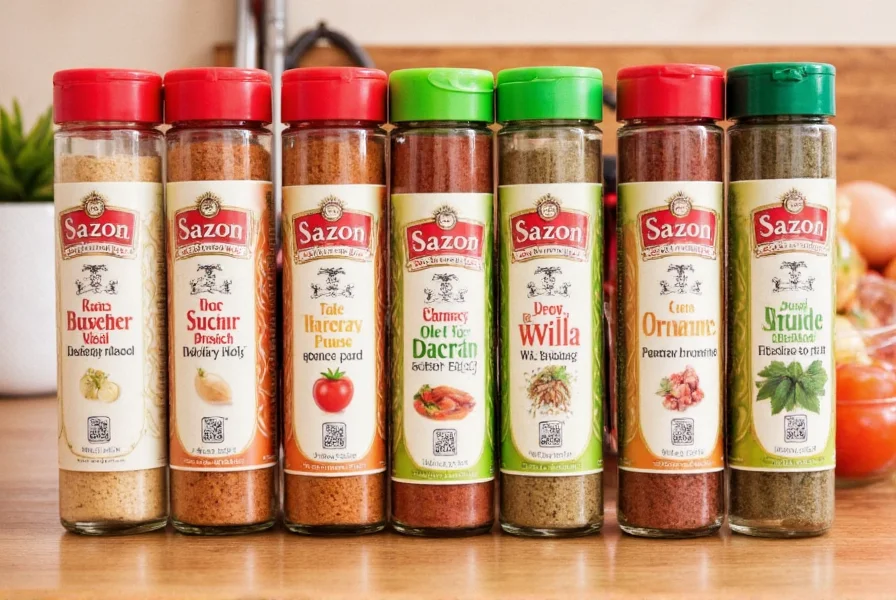
Why Organic Sazon is a Must-Have in Your Kitchen
Discover five key reasons why organic sazon should be your go-to seasoning for healthier, more flavorful cooking:
- Natural Flavor Boost: Unlike processed versions, organic sazon uses real ingredients like ground annatto seeds, cumin, garlic, oregano, and sea salt. These natural components offer deep, earthy flavors without MSG or preservatives.
- Better for Your Health: Free from chemical additives and harmful pesticides, organic sazon supports a healthier lifestyle. Ingredients like turmeric and cumin may provide anti-inflammatory properties, aiding digestion and immunity.
- Vibrant Color Without Artificial Dyes: The golden-orange hue traditionally comes from annatto. Organic sazon uses natural coloring, avoiding artificial dyes like Yellow #6 or Red #40.
- Sustainable & Eco-Friendly: Organic farming reduces soil degradation and protects biodiversity. Choosing organic sazon supports ethical sourcing and environmental stewardship.
- Perfect for Authentic Dishes: Essential for traditional Latin American recipes like arroz con pollo or empanadas, it enhances authenticity and visual appeal without artificial enhancements.
| Feature | Organic Sazon | Non-Organic Sazon |
|---|---|---|
| Natural Ingredients | ✅ Yes | ❌ Sometimes |
| No Artificial Colors | ✅ Yes | ❌ Often dyed |
| No Synthetic Additives | ✅ Yes | ❌ May contain MSG |
| Eco-Friendly Farming | ✅ Yes | ❌ Usually not |
| Flavor Depth | ✅ Rich & layered | ❌ Sometimes flat |
Organic vs. Non-Organic Sazon: A Clear Comparison
Understand the critical differences between organic and conventional sazon for informed choices:
- Ingredients: Organic sazon meets USDA Organic or EU Organic standards, ensuring no synthetic pesticides, herbicides, or GMOs. Non-organic versions often contain fillers and artificial additives.
- Additives: Organic sazon avoids preservatives, anti-caking agents, and MSG. Conventional brands frequently include these for shelf life extension.
- Colorants: Organic sazon uses natural annatto for color. Non-organic blends often rely on synthetic dyes like Yellow #6.
- Flavor Profile: Organic sazon delivers complex, authentic flavors from whole spices. Non-organic versions may taste flat due to lab-made substitutes.
- Price Point: While organic sazon may cost slightly more, its concentrated flavor and health benefits make it a worthwhile investment for frequent cooks.
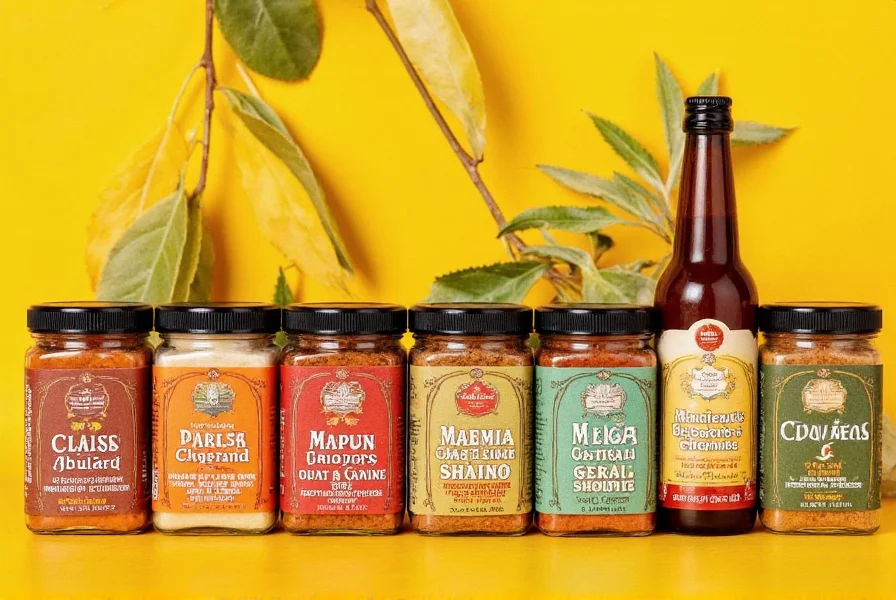
Buying Guide: Choosing the Best Organic Sazon
Find the perfect organic sazon with these expert tips:
1. Check the Certification
Look for USDA Organic, EU Organic, or other regional certifications to ensure rigorous organic standards.
2. Read the Ingredient List
True organic sazon should list only recognizable ingredients: annatto, coriander, cumin, garlic powder, onion powder, oregano, and sea salt. Avoid unpronounceable chemicals or fillers like cornstarch.
3. Consider the Source
Brands sourcing spices directly from Latin America ensure authenticity and fair trade. Both imported and locally blended options can be high quality.
4. Packaging Matters
Airtight glass jars or resealable pouches preserve freshness. Eco-friendly packaging supports sustainability.
5. Taste Test (If Possible)
Sample before buying if available. The best sazon should smell earthy, slightly spicy, and fragrant without overpowering notes.
Top 3 Recommended Organic Sazon Brands
- Don Gato Organics Sazon
Features: USDA Organic certified, non-GMO, vegan, gluten-free.
Best For: Authentic Latin dishes and home chefs seeking clean ingredients. - Mama Tere's Organic Sazon
Features: Hand-blended, fair-trade sourced, minimal ingredients.
Best For: Small-batch artisan quality and ethical consumption. - Simply Organic Sazon Blend
Features: Widely available, affordable, certified organic.
Best For: Everyday cooking and beginners exploring Latin flavors.
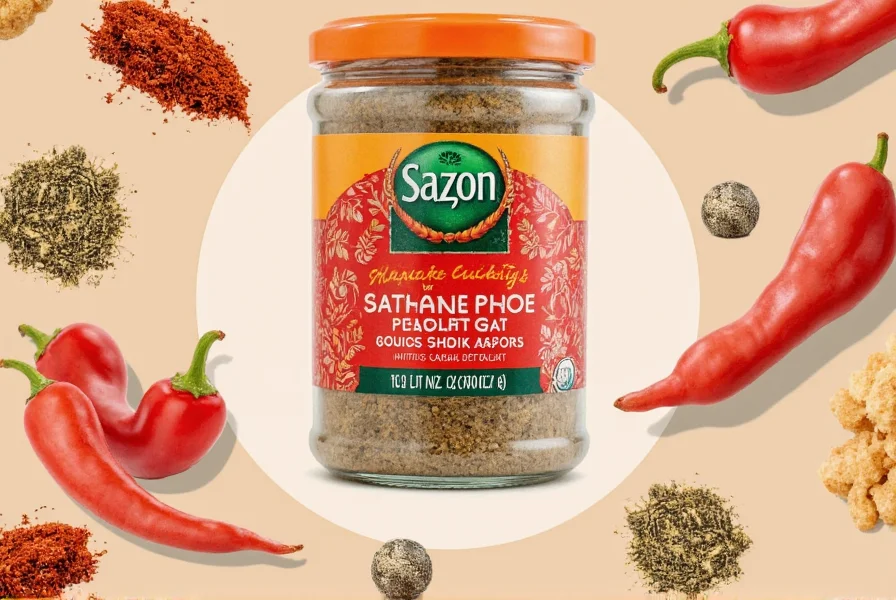
Top Tips for Cooking with Organic Sazon
Maximize flavor with these practical cooking techniques:
- Rice & Beans Are Your Friends: Sprinkle sazon into rice while cooking for aromatic depth. Pairs perfectly with black beans, pigeon peas, or lentils.
- Marinate Meats Generously: Mix with olive oil and citrus juice for chicken, pork, or beef. Let sit 30+ minutes for full flavor penetration.
- Enhance Soups & Stews: Stir one teaspoon into soups or stews for instant flavor. Ideal for lentil soup, seafood stew, or vegetable chili.
- Add to Egg Dishes: Elevate scrambled eggs or frittatas with warm, savory notes for breakfast innovation.
- Experiment with Fusion Dishes: Try sazon in mashed potatoes, hummus, or homemade tortilla chips for creative twists beyond Latin cuisine.
Frequently Asked Questions About Organic Sazon
Get clear answers to common queries:
What is organic sazon?
Organic sazon is a certified spice blend from Latin American cuisine, made with natural ingredients like annatto, cumin, coriander, and oregano. It provides rich flavor and health benefits without synthetic additives or artificial colors.
Is sazon the same as adobo?
No. Adobo typically includes garlic, oregano, vinegar, and salt as a wet marinade. Sazon is a dry spice mix with annatto, cumin, and coriander.
Can I make my own organic sazon at home?
Yes! Combine ground annatto seeds, cumin, coriander, garlic powder, onion powder, oregano, and sea salt. Customize ratios to your taste.
How long does organic sazon last?
Stored in an airtight container away from heat and light, it retains potency for up to 1 year. After that, it remains safe but loses fragrance.
Is sazon spicy?
Not inherently. It has warm, earthy notes from cumin and coriander but no chili heat. Add fresh chilies if desired for spice.
Is organic sazon gluten-free?
Most pure blends are naturally gluten-free. Check for "gluten-free" certification if you have sensitivities, as some commercial versions may include gluten-containing fillers.
What health benefits do organic sazon ingredients provide?
Annatto seeds offer antioxidants like bixin. Cumin aids digestion and has anti-inflammatory properties. Coriander may lower blood sugar. Turmeric (in some blends) contains curcumin. Garlic supports cardiovascular health. Organic certification ensures no pesticide residues.
How does organic sazon support a healthier diet?
It eliminates pesticide exposure, avoids synthetic additives, and encourages cooking with whole ingredients. Using flavorful organic spices reduces reliance on excess salt, sugar, or unhealthy fats.
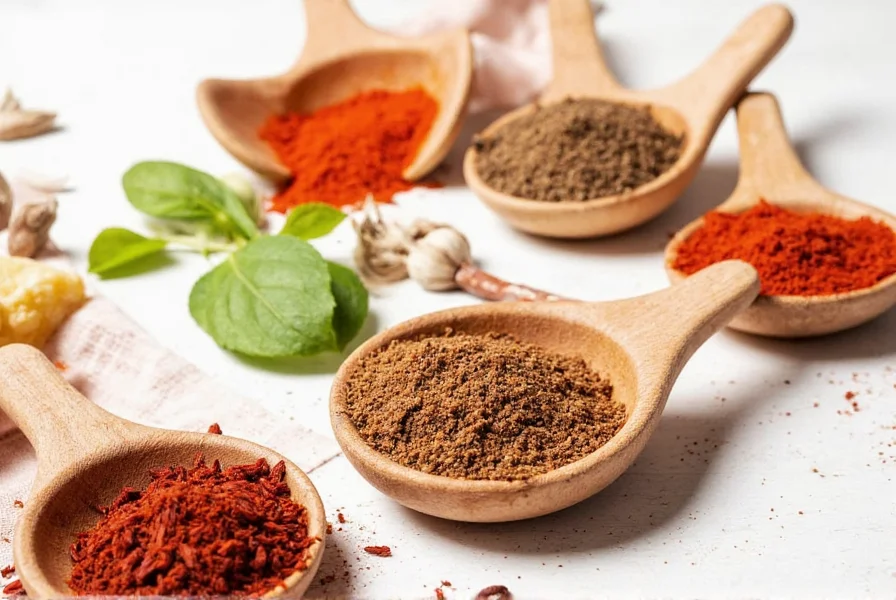
Conclusion: The Magic of Organic Sazon
Organic sazon is more than a spice—it's a celebration of flavor, culture, and wellness. By choosing organic, you embrace conscious cooking that honors both the planet and your palate. Whether new to Latin cuisine or a seasoned chef, let this golden blend transform simple ingredients into extraordinary meals.

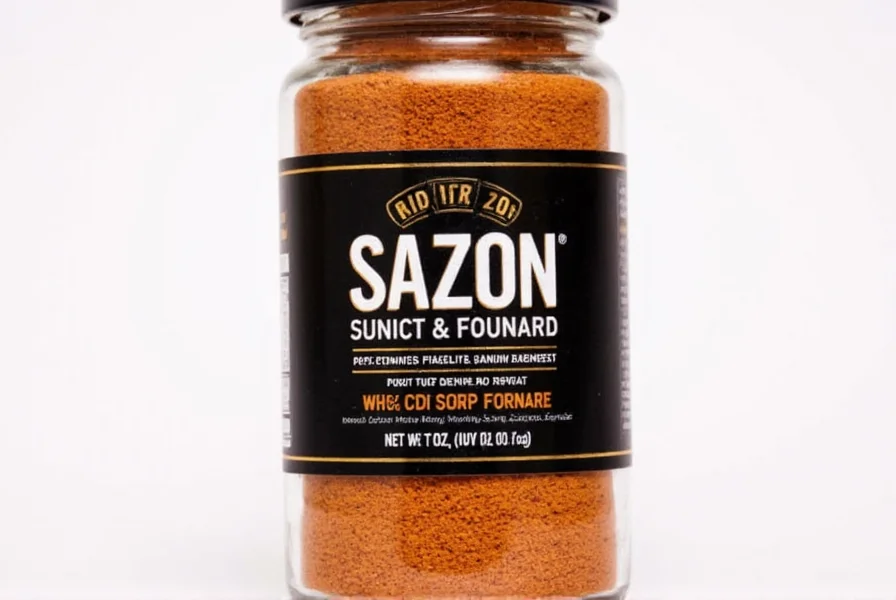









 浙公网安备
33010002000092号
浙公网安备
33010002000092号 浙B2-20120091-4
浙B2-20120091-4